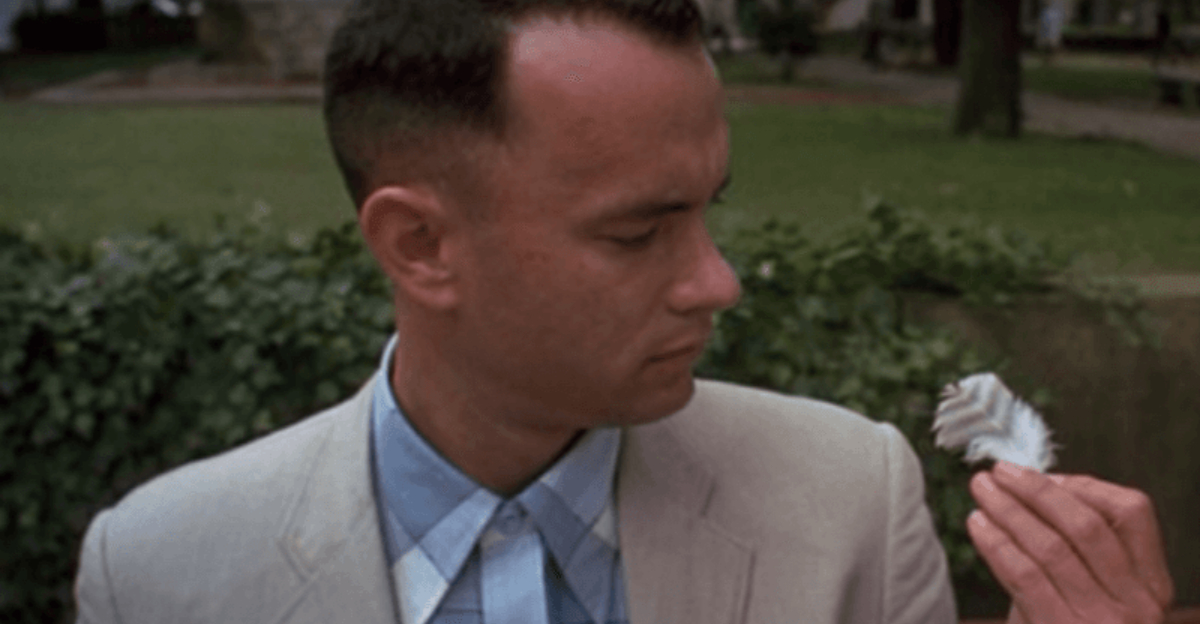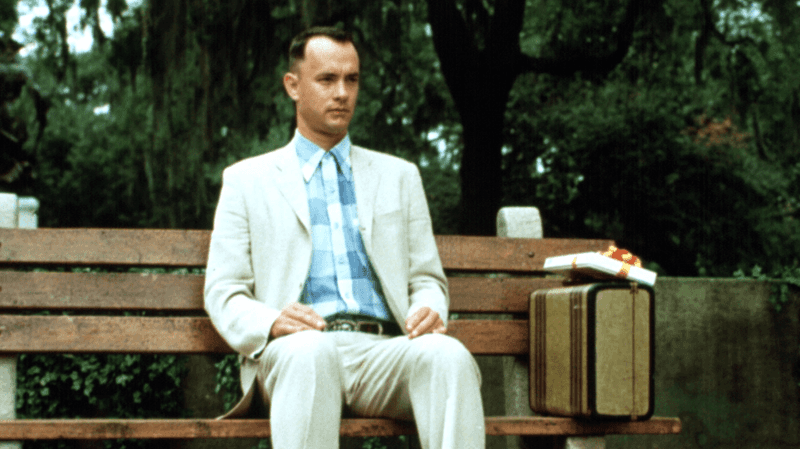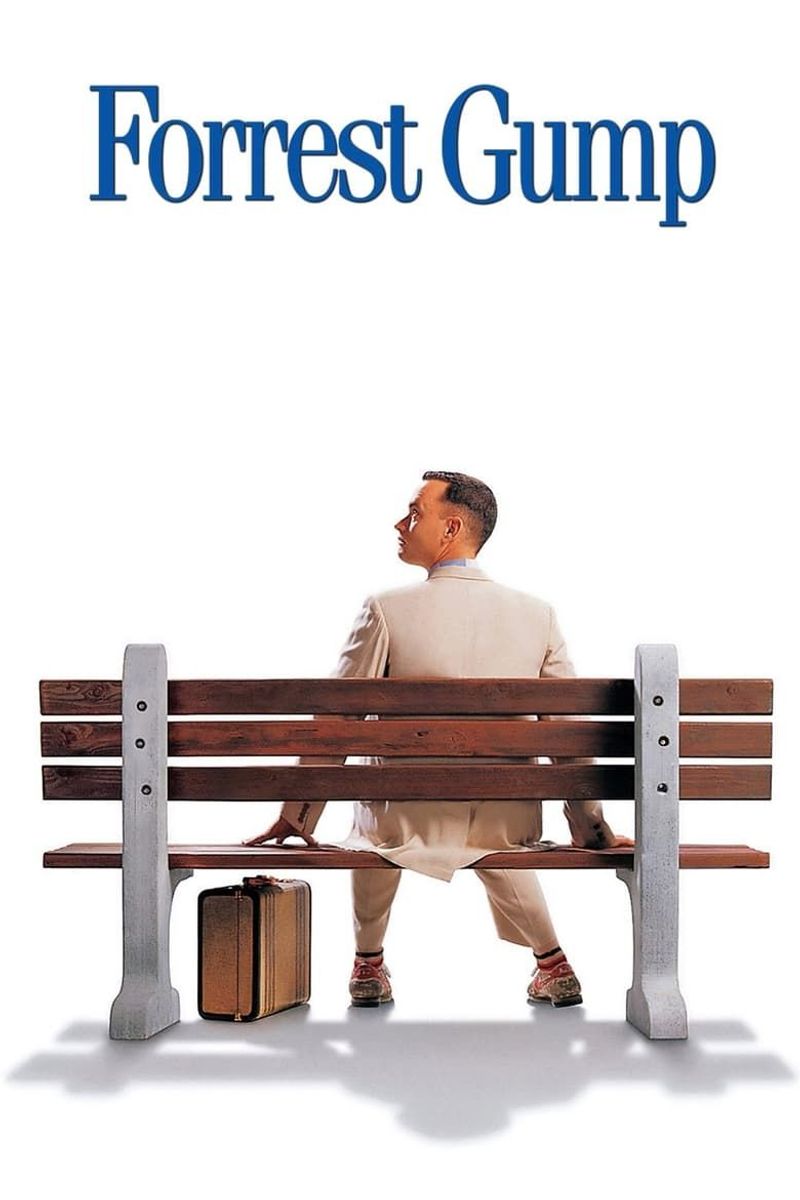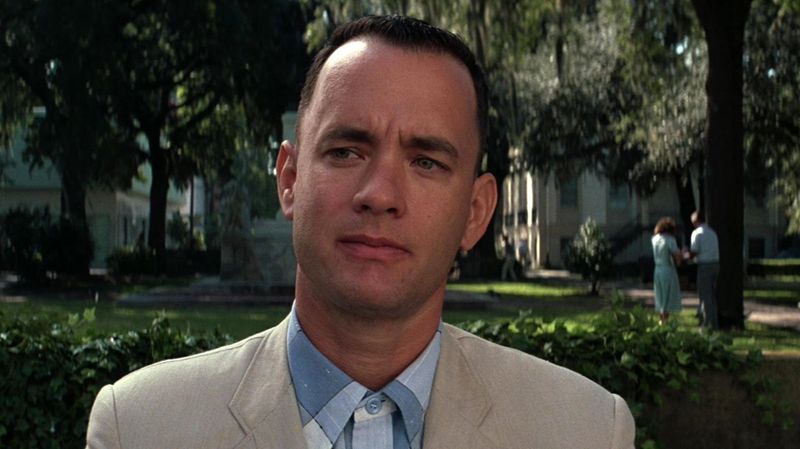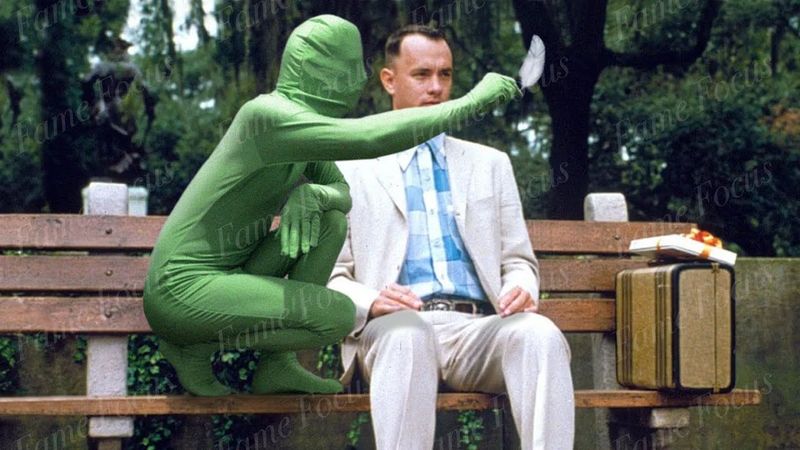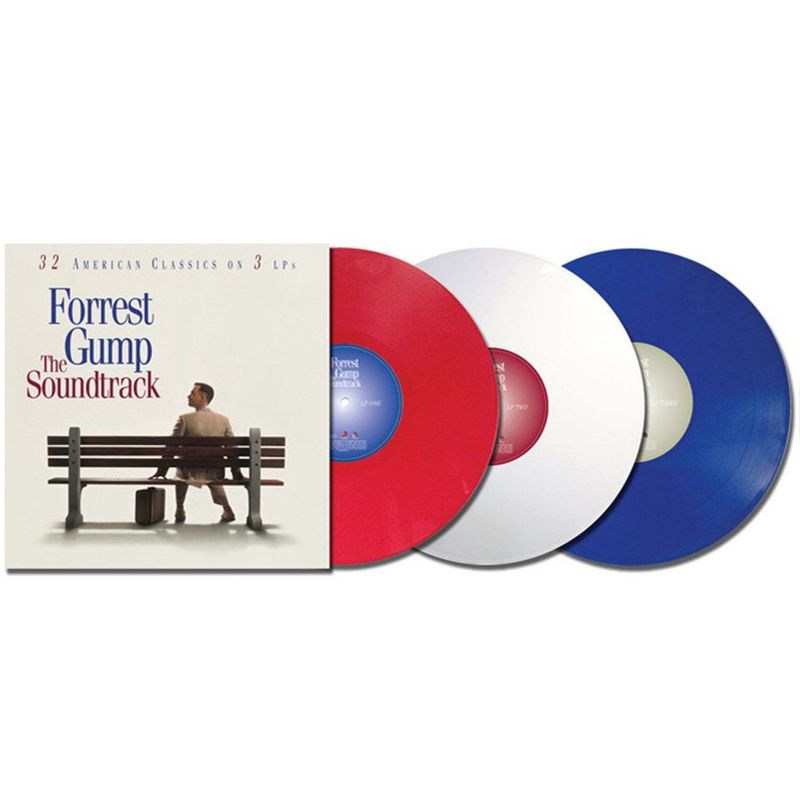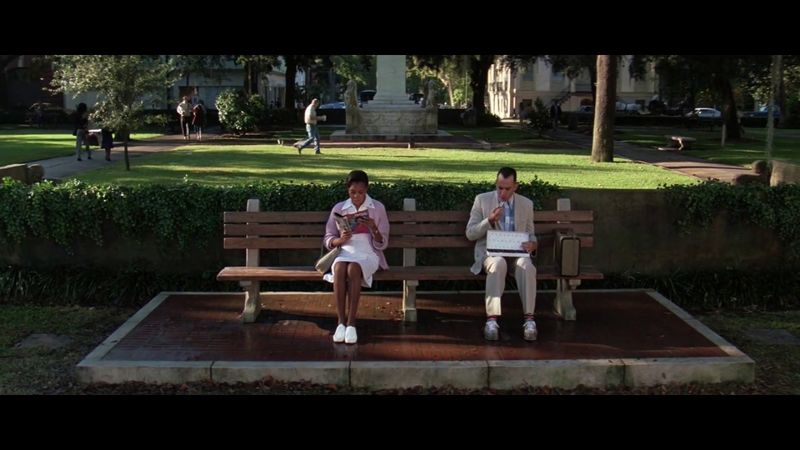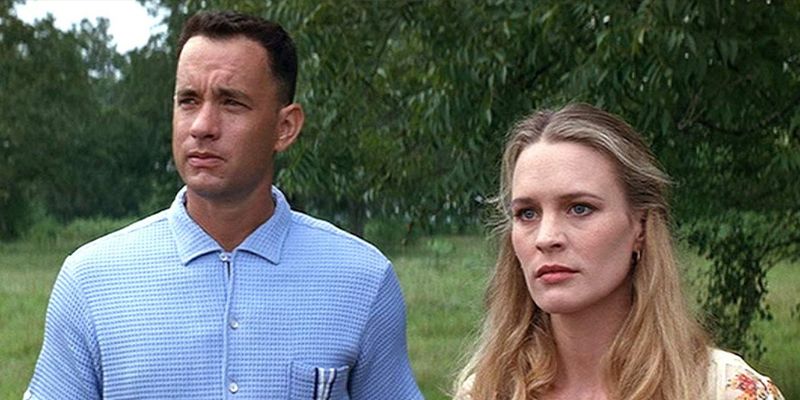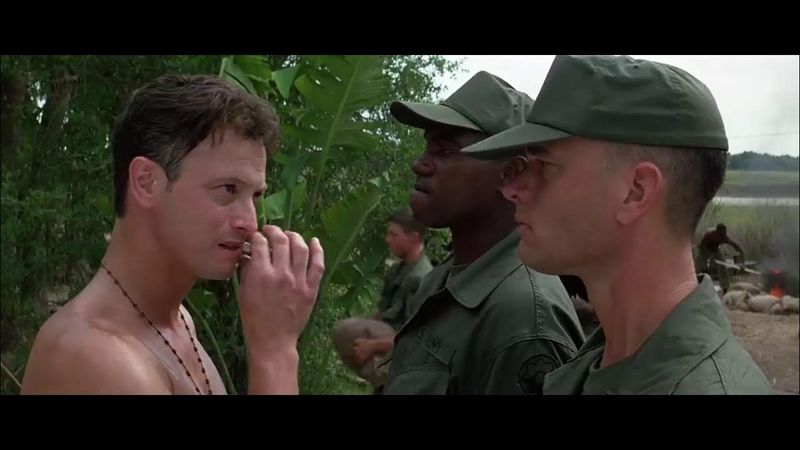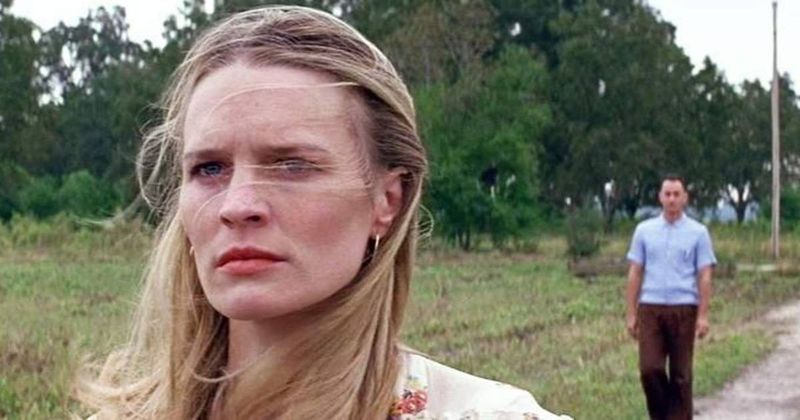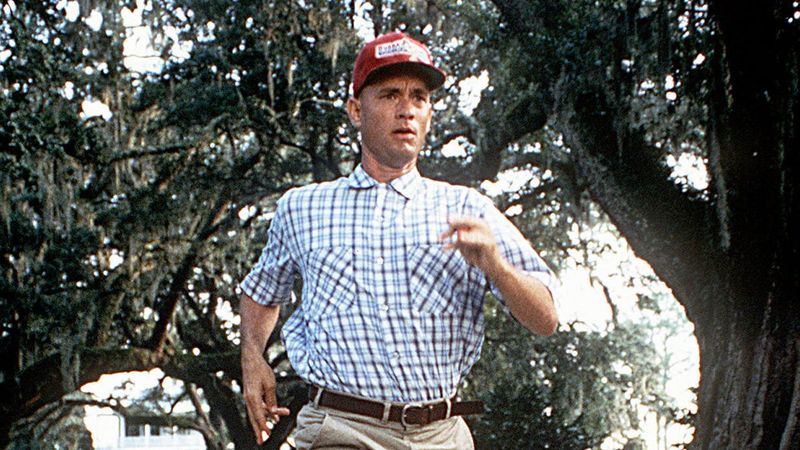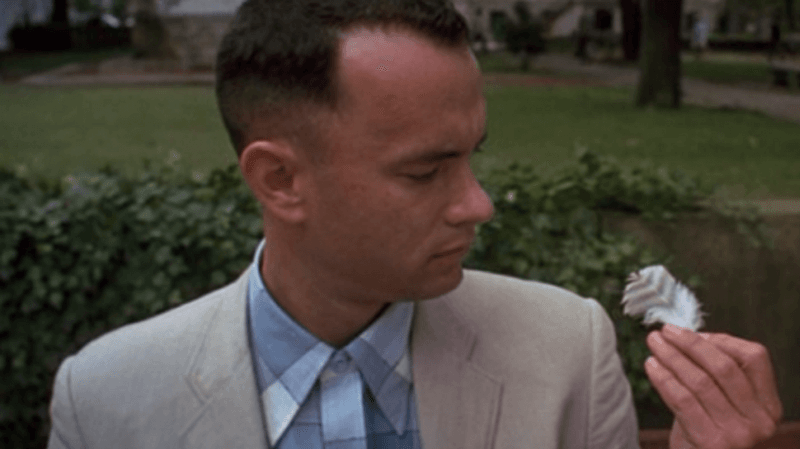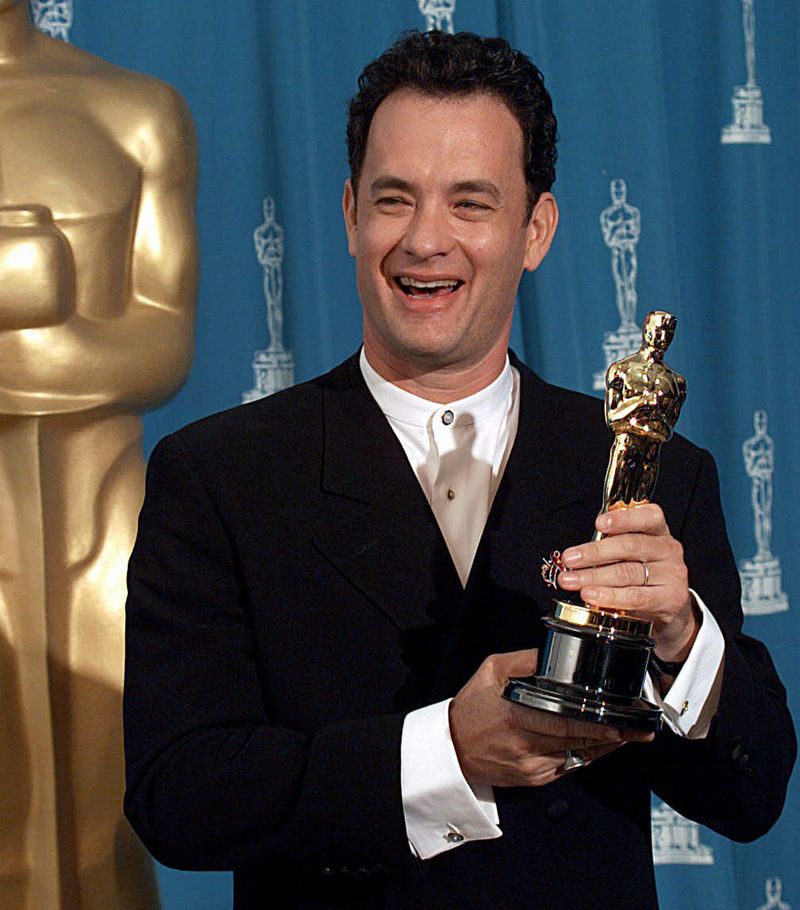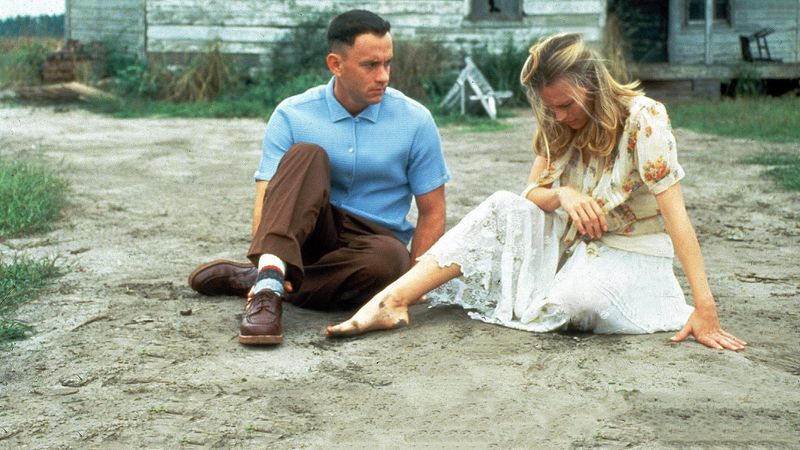Released in 1994, Forrest Gump quickly became more than just a movie—it turned into a cultural phenomenon that continues to captivate audiences today.
This tale of a kind-hearted man with a low IQ who accidentally influences major historical events struck a chord with millions.
Nearly three decades later, Robert Zemeckis’ masterpiece still outshines many of today’s blockbusters, and here’s why.
1. It Tells a Deep Story With Simple Words
Forrest’s straightforward view of the world cuts through complexity like a hot knife through butter. His observations—delivered without pretense—reveal truths that sophisticated characters often miss.
The brilliance lies in how the film uses Forrest’s innocence as a lens to examine war, politics, and human connection. While modern films often rely on complicated dialogue to seem intelligent, Forrest Gump proves that profound ideas don’t need fancy packaging.
This storytelling approach makes deep themes accessible to everyone, regardless of age or education level. That’s a rare skill in filmmaking that many contemporary movies fail to master.
2. The Emotional Range Is Massive
Few films navigate the full spectrum of human emotion as masterfully as Forrest Gump. One moment you’re laughing at Forrest’s accidental meeting with President Kennedy, the next you’re devastated by Bubba’s death in Vietnam.
Modern blockbusters often stick to a single emotional lane—either action-packed thrills or melodramatic tearjerkers. Forrest Gump refuses such limitations, shifting seamlessly between humor, heartbreak, triumph, and tragedy.
This emotional versatility creates a more authentic experience that mirrors real life. The film never manipulates viewers with cheap tricks; instead, it earns every laugh and tear through honest storytelling.
3. Tom Hanks Gave a Career-Defining Performance
Tom Hanks transformed completely for this role, from his Southern accent to his distinctive running style. His portrayal never mocks Forrest’s intellectual limitations but instead celebrates his emotional intelligence and pure heart.
Hanks makes you forget you’re watching an actor. Every mannerism, facial expression, and vocal inflection feels authentic rather than performed. His second consecutive Oscar win was no accident—it recognized a performance that redefined what acting could achieve.
Modern cinema has plenty of impressive performances, but few actors today disappear so completely into their characters. Hanks didn’t just play Forrest; for 142 minutes, he became him.
4. It’s a History Lesson Disguised as a Love Story
Forrest’s journey through three decades of American history works as both entertaining storytelling and sneaky education. The Vietnam War, Watergate, the Black Panther movement—all experienced through the eyes of someone who doesn’t fully understand their significance.
Modern historical films often feel preachy or dry. Forrest Gump avoids this trap by focusing on the human experience within historical moments rather than the events themselves.
The film teaches viewers about pivotal moments in American history without feeling like homework. This approach makes learning effortless and memorable—something many contemporary films attempting similar historical coverage fail to achieve.
5. Special Effects That Don’t Scream “Look at Me!”
Revolutionary for its time, the film’s special effects seamlessly integrated Forrest into historical footage alongside Presidents Kennedy, Johnson, and Nixon. Unlike today’s CGI spectacles, these effects served the story rather than becoming the story.
Modern blockbusters often prioritize visual pizzazz over narrative purpose. Forrest Gump’s effects team understood restraint—making technical wizardry invisible to viewers who were too engaged with the story to notice the digital trickery.
The film’s approach proves that special effects work best when they enhance the emotional journey rather than distract from it. That’s a lesson many contemporary CGI-heavy productions could benefit from remembering.
6. One of the Greatest Soundtracks in Movie History
The soundtrack serves as a time machine, transporting viewers through three decades of American music. Each carefully selected song—from Elvis Presley to Bob Dylan to Lynyrd Skynyrd—enhances the emotional impact of its scene while marking the passage of time.
Unlike modern films that often rely on generic scores or trendy hits, Forrest Gump’s musical selections feel essential to the storytelling. The songs aren’t background noise; they’re narrative tools that deepen our understanding of the era and Forrest’s experience.
This soundtrack became a cultural phenomenon itself, selling over 12 million copies. Few contemporary film soundtracks achieve such perfect harmony between music and visual storytelling.
7. Iconic, Endlessly Quotable Dialogue
“Life is like a box of chocolates” has entered our cultural vocabulary alongside “Run, Forrest, run!” These lines work because they feel natural coming from the characters, not like writers trying to create catchphrases.
The film’s quotability comes from its authenticity. Forrest’s observations sound like things he would actually say, not clever lines crafted for T-shirts and coffee mugs. That’s why they’ve endured while dialogue from many modern blockbusters is forgotten before viewers leave the theater.
Great movie quotes become part of our shared language when they express universal truths simply and memorably. Forrest Gump achieved this repeatedly throughout its runtime.
8. It’s a Love Story That Isn’t Perfect—Just Real
Forrest and Jenny’s relationship defies romantic movie conventions. Their love story spans decades, filled with reunions and separations, joy and heartbreak—mirroring the messy reality of many real-world relationships.
Modern romance films often follow predictable formulas with neat resolutions. Forrest Gump presents something more honest: a connection between two damaged people that’s both beautiful and painful. Jenny’s inability to accept Forrest’s love until the end feels tragically authentic.
This relationship resonates because it acknowledges that love doesn’t conquer all—sometimes it arrives too late or faces obstacles too great to overcome. That bittersweet truth gives their story lasting emotional power.
9. 🪖 It Deals With War Honestly and Respectfully
The Vietnam sequences balance brutal reality with profound humanity. Rain-soaked jungles, sudden ambushes, and the chaos of combat are depicted without glorification or excessive stylization.
Forrest’s wartime experience showcases both horror and brotherhood. His friendship with Bubba and Lieutenant Dan illustrates how bonds form amid trauma, while the aftermath—particularly Dan’s struggle—honestly portrays war’s lasting impact on survivors.
Modern war films often lean into either excessive patriotism or heavy-handed anti-war messaging. Forrest Gump simply shows what happened to ordinary people caught in extraordinary circumstances, allowing viewers to draw their own conclusions about war’s true cost.
10. Jenny’s Arc is One of Cinema’s Most Tragic
Jenny’s journey from abused child to counterculture participant to AIDS victim creates a heartbreaking counterpoint to Forrest’s charmed life. Her character represents those who couldn’t escape their demons despite desperately trying to outrun them.
Robin Wright delivers a nuanced performance that prevents Jenny from becoming a stereotype. We understand her choices even when they hurt Forrest or herself. Her struggle feels painfully authentic—a woman seeking freedom but trapped by her past.
Modern films rarely devote such care to supporting characters’ psychological complexity. Jenny’s arc reminds us that behind every “troubled person” lies a human being fighting battles we may never fully comprehend.
11. Lieutenant Dan Is One of the Best Supporting Characters Ever
Gary Sinise’s portrayal of Lieutenant Dan Taylor ranks among cinema’s greatest supporting performances. His character’s journey from suicidal despair to hard-won peace provides the film’s most profound transformation.
Lieutenant Dan embodies the struggle of Vietnam veterans returning to a country that didn’t understand their sacrifice. His rage, alcoholism, and eventual redemption never feel like plot devices—they represent authentic stages of trauma recovery.
Few modern films create secondary characters with such complete arcs. Lieutenant Dan could have easily carried his own movie, yet his story enhances rather than distracts from Forrest’s journey, demonstrating the film’s masterful character balance.
12. It Captures the Soul of America Without Being Preachy
From rural Alabama to Washington D.C., the film presents America’s landscapes, culture, and contradictions without judgment. Forrest witnesses racism, political corruption, and social upheaval alongside moments of extraordinary kindness and community.
The film neither glorifies nor condemns America. Instead, it presents the nation as Forrest experiences it—a place of both opportunity and injustice, beauty and ugliness.
Contemporary films about American life often take heavy-handed political stances that alienate viewers. Forrest Gump’s more balanced approach invites audiences of all backgrounds to see themselves in the story, creating a shared experience that transcends political divides.
13. It Makes Ordinary Life Feel Extraordinary
Forrest accomplishes remarkable things—meeting presidents, becoming a ping-pong champion, launching a successful shrimp business—yet remains humble and unchanged by fame or fortune. His extraordinary journey feels accessible because his motivations stay simple: loyalty, love, and promises kept.
Modern cinema often focuses on superheroes or chosen ones with special powers. Forrest Gump presents heroism differently—as showing up consistently for the people you care about.
The film suggests that an ordinary person living with kindness and persistence can impact the world profoundly. This message resonates because it offers hope that our seemingly small lives might contain more significance than we realize.
14. The Symbolism Runs Deep (Literally)
The white feather floating on air currents bookends the film, representing destiny’s unpredictable nature—sometimes gentle, sometimes harsh, but always in motion. Forrest’s running becomes a powerful metaphor for his approach to life: straightforward, persistent, and unburdened by overthinking.
His leg braces breaking apart symbolize freedom from limitation, while the muddy smiley face t-shirt represents finding joy amid life’s messiness. These visual metaphors work because they emerge naturally from the story rather than feeling forced.
Many modern films either avoid symbolism entirely or implement it heavy-handedly. Forrest Gump’s subtle visual language rewards attentive viewers without alienating those who prefer to engage with just the surface narrative.
15. It Swept the Oscars—for a Reason
Winning six Academy Awards in a year that included Pulp Fiction and The Shawshank Redemption speaks volumes about Forrest Gump’s achievement. The film’s technical excellence matched its emotional impact, creating a complete package that impressed both critics and audiences.
Those awards recognized more than just individual performances or technical achievements. They acknowledged how seamlessly all elements—acting, direction, writing, effects, music—worked together to create something greater than the sum of its parts.
While Oscar recognition doesn’t always indicate lasting cultural impact, Forrest Gump proved worthy of its accolades by remaining relevant and beloved decades after its competitors have faded from popular consciousness.
16. It Has Timeless Rewatch Value
Certain films require multiple viewings to fully appreciate their craftsmanship. Forrest Gump rewards rewatchers with previously missed details—background historical references, subtle character moments, or visual symbolism that enhances understanding.
The film’s emotional impact doesn’t diminish with familiarity. Many viewers report crying at the same scenes regardless of how many times they’ve seen them—a testament to the story’s authentic emotional power.
Unlike movies that rely on plot twists or surprise endings for their appeal, Forrest Gump’s rewatch value comes from its rich characterization and thematic depth. Each viewing reveals new layers, ensuring the film remains fresh decades after its release.
17. It Proves That Good Storytelling Never Goes Out of Style
While Hollywood increasingly relies on franchise extensions and CGI spectacles, Forrest Gump stands as a reminder that nothing captivates audiences like a well-told story with characters we care about. Its success wasn’t built on marketing campaigns or merchandise potential.
The film trusts its audience’s intelligence and emotional capacity. It doesn’t overexplain its themes or rush through character development to reach the next action sequence. This patient, character-focused approach feels increasingly rare in today’s blockbuster landscape.
Forrest Gump’s enduring popularity proves that authentic human stories will always find an audience, regardless of changing trends or technologies. That’s a lesson modern filmmakers would do well to remember.
